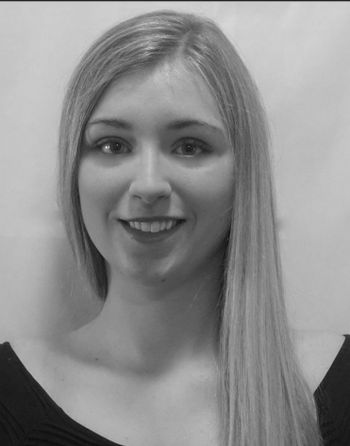‘Bedrock of the university’: Cornell announces free expression commitment for next school year
‘Free expression and academic freedom are the bedrock not just of the university, but of democracy,’ Cornell President Martha E. Pollack said.
The Foundation for Individual Rights and Expression (FIRE) hopes that ‘once students better understand the purpose and value of free expression that they will see that it is a public good.’
Cornell University announced on Friday that the academic theme for the 2023-2024 school year will be free expression and academic freedom.
The New York ivy league institution issued an official statement last week explaining that during the academic year, “Students, faculty and staff will be encouraged to engage with these ideas, and in civil discourse about them, through a wide range of scholarly and creative events and activities, from lectures to community book reads to artistic exhibitions and performances.”
“It is critical to our mission as a university,” President Martha E. Pollack stated, “to think deeply about freedom of expression and the challenges that result from assaults on it, which today come from both ends of the political spectrum.”
[RELATED: ‘Don’t be hypocritical!’: The Young Turks condemn Gaines attack]
“Free expression and academic freedom are the bedrock not just of the university, but of democracy,” Pollack continued.
In 2019, Cornell adopted into its Statement of Core Values a commitment to free and open inquiry and expression that acknowledges the university as “a community whose very purpose is the pursuit of knowledge” that values “free and open inquiry and expression—tenets that underlie academic freedom—even of ideas some may consider wrong or offensive. Inherent in this commitment is the corollary freedom to engage in reasoned opposition to messages to which one objects.”
Faculty at Cornell have had a stated position of “tenaciously” defending academic freedom, but students have opposed free speech on their campus in recent months.
When Ann Coulter was invited by Cornell’s chapter of the Network of Enlightened Women (NeW) in November, students staged significant protests both outside and inside the venue, shutting down Coulter’s speech after less than 30 minutes.
The university responded to the incident by promising consequences for the students who interrupted the event.
More recently, Campus Reform reported that the Student Assembly at Cornell attempted to pass a resolution that would have required professors to issue trigger warnings before covering sensitive material in class, allowing the students to opt-out of offensive or emotional discussions.
Pollack and Provost Michael I. Kotlikoff issued a joint statement denouncing the student resolution, saying, “Learning to engage with difficult and challenging ideas is a core part of a university education: essential to our students’ intellectual growth, and to their future ability to lead and thrive in a diverse society.”
Pollack addressed student concerns about the university’s commitment to free expression at a meeting of the Student Assembly on Thursday.
Pollack acknowledged that “there are potential — if not outright — conflicts between our commitment to free speech and academic freedom on one hand, and being a welcoming and inclusive community on the other. But our responsibility as a University is to honor those commitments despite the tensions,” according to the Cornell Daily Sun.
The Foundation for Individual Rights and Expression (FIRE) acknowledged its role in speaking out against the silencing of speech at Cornell, noting that the university’s 2023-2024 commitment “did not happen in a vacuum.”
[RELATED: Cornell releases annual bias response system report]
FIRE Program Officer Sabrina Conza told Campus Reform that, “FIRE commends Cornell for heeding free speech advocates’ calls and making the upcoming academic year the year for free speech at Cornell. We think, and hope, that once students better understand the purpose and value of free expression that they will see that it is a public good. We hope that this theme will allow Cornell’s campus to flourish into an environment where students and faculty are encouraged to freely express themselves.”
Pollack noted to the Student Assembly that “[t]he true commitment to free expression is the only way to ensure that everyone’s voice is heard …. The importance of free speech is just so great that we have to protect it, even if we try to mitigate and manage the harm it sometimes causes.”
Campus Reform has contacted Cornell and the Student Assembly with request for comment. This story will be updated accordingly.
Follow Gabrielle M. Etzel on Twitter.

